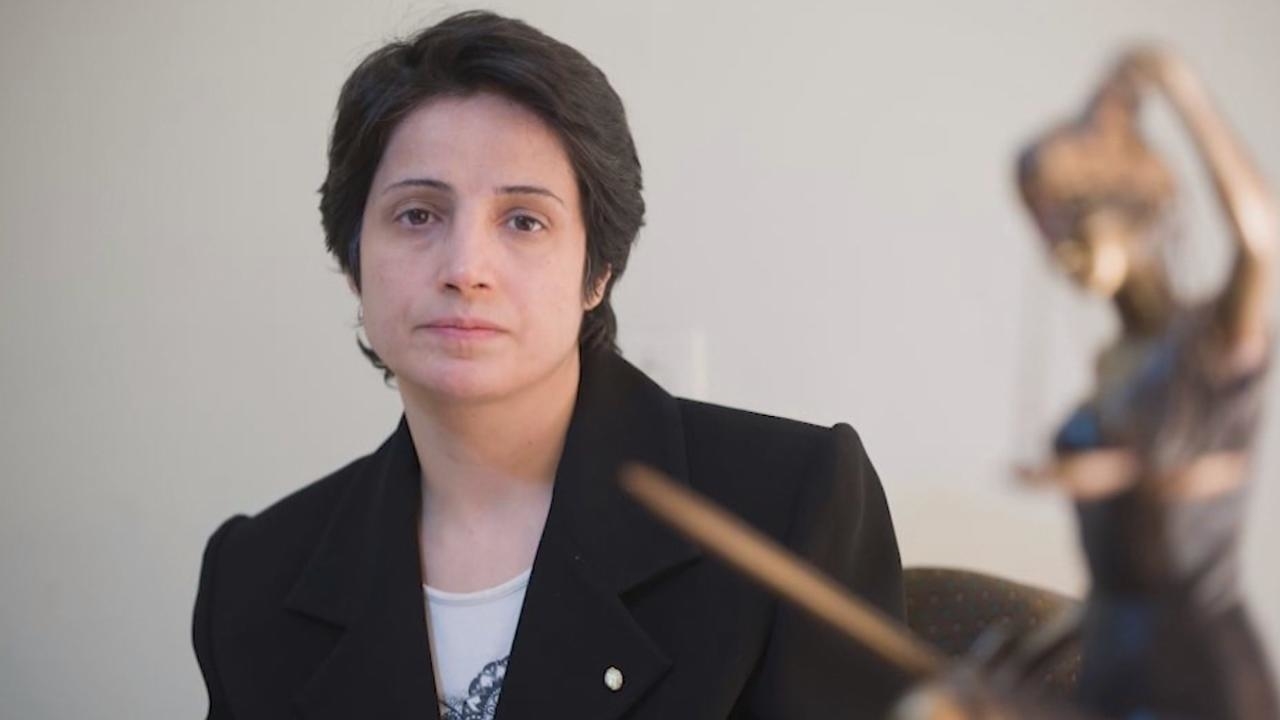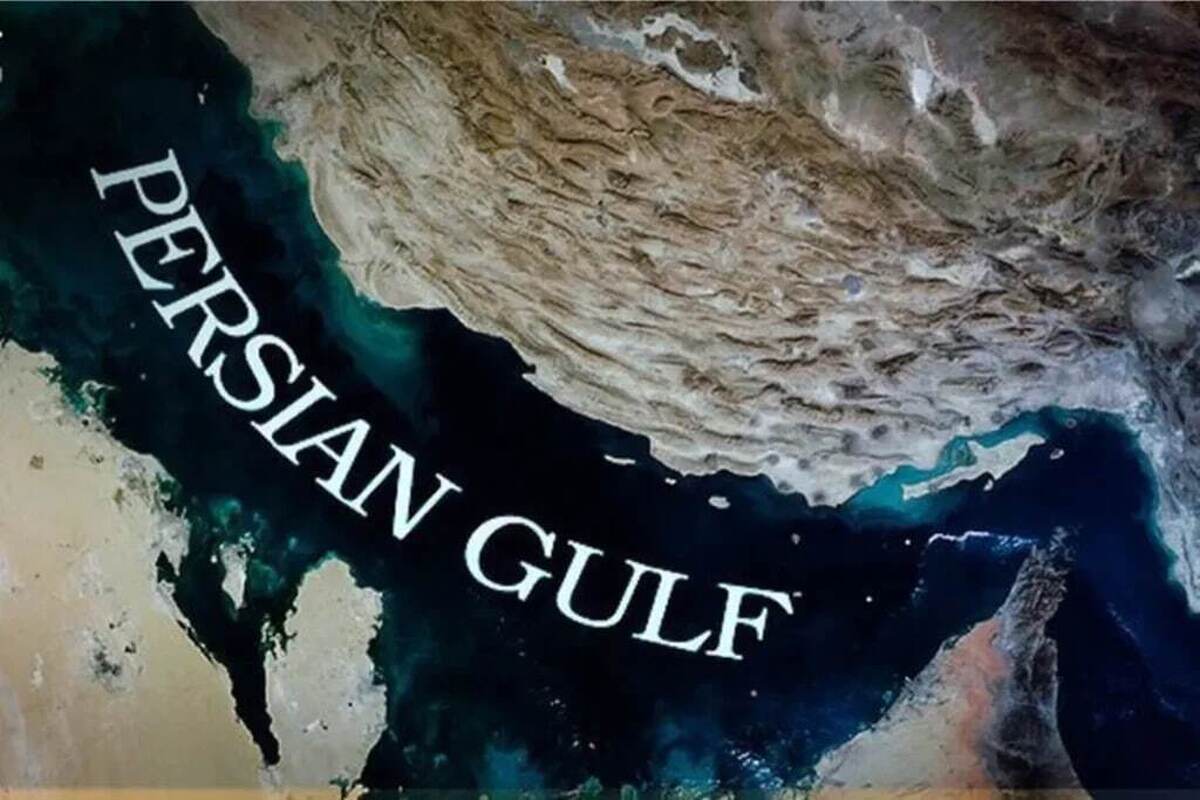
‘Iran’s Nelson Mandela’ is back in prison. Biden must push for her freedom.
Opinion by Jeff Kaufman
Jan. 26, 2021 at 9:51 a.m. EST
Jeff Kaufman is the director, producer and writer of the documentary “Nasrin.”
Nasrin Sotoudeh, an attorney and human rights activist often called “Iran’s Nelson Mandela,” is back in an overcrowded prison cell, separated from those she loves. Under arrest since 2018, she was granted a brief medical leave this month, but it was abruptly canceled on Jan. 19, the same day the government froze her family’s bank accounts. That afternoon, her husband, Reza Khandan, drove her to Qarchak's prison for women, accompanied by their daughter Mehraveh and son Nima.
Imagine what each of them was thinking and feeling during that hour-long drive — the dread and the heartbreak. Those are emotions felt by political prisoners and their loved ones all over the world. Repressive regimes use personal cruelty to punish their opponents.
I had the privilege of getting to know Nasrin and her family while directing and producing a documentary about her life and work. We started production in mid-2016, as certain U.S. politicians began advocating a Muslim travel ban. I knew Nasrin’s story could help counter those stereotypes and highlight the diversity and resilience of Iran’s people and culture.
Nasrin was born in Tehran 57 years ago to conservative but empowering parents. As a lawyer, she continually put herself at risk by defending religious minorities, children, journalists, artists, women, peaceful protesters and those facing the death penalty. She was arrested June 2018, in part for defending women who challenged Iran’s mandatory hijab law by publicly removing their headscarves and waving them like flags.
She was sentenced to decades in prison and dozens of lashes. Yet even while held in Tehran’s massive Evin prison, Nasrin continued to challenge the authorities. Last August, she launched a 46-day hunger strike to bring attention to dangerously unhealthy conditions in Iran’s prisons.
When I think of Nasrin, and countless other human rights activists around the world facing years of imprisonment and abuse, I am reminded of the young John Lewis leading a march across the Edmund Pettus Bridge into an army of state troopers and sheriff’s deputies wielding billy clubs, bullwhips and tear gas. It’s not a coincidence that both Nasrin and Lewis had images of Mohandas Gandhi on their office walls. One of Nasrin’s pictures features a saying by Gandhi: “The true measure of any society can be found in how it treats its most vulnerable members.”
Like Mandela, another inspiring figure who often cited Gandhi, Nasrin has shown that determined voices cannot be silenced, even behind prison walls. In December, she was honored with the 2020 Right Livelihood Award (widely known as the “Alternative Nobel Prize”), and the American Bar Association’s Eleanor Roosevelt Prize for Global Human Rights Advancement (along with Anthony S. Fauci and Billie Jean King). The Iranian government’s response was to transfer Nasrin to the most unsanitary prison in the country.
According to Amnesty International, Qarchak prison is “a disused chicken farm that holds hundreds of women convicted of violent offenses in conditions falling far below the UN Standard Minimum Rules for the Treatment of Prisoners (the Nelson Mandela Rules). Common complaints include urine-stained floors, lack of ventilation, insufficient and filthy bathroom facilities, prevalence of contagious diseases, poor quality food containing small pieces of stone and salty water.”
Nasrin suffers from a severe heart condition, and within a month of being sent to Qarchak, she contractedcovid-19. Thanks to global attention and pressure, Nasrin was granted a three-day medical leave on Jan. 8, which was briefly extended so she could have a much-needed angioplasty.
Is it significant that Nasrin was compelled to return to prison on the day before President Biden and Vice President Harris were inaugurated? It’s not possible to know, but the Iranian government does have a history of using prisoners as pawns. Biden rightly called the previous administration’s Iran policy a “dangerous failure.” Now is the time to reinstate the Iran nuclear deal, build some level of trust and press for human rights.
In a letter written after her arrest to me and the film’s producer, Marcia Ross, Nasrin said, “I’m sending you this letter from prison, but I’d rather talk of freedom. So, let me speak to you of my dreams, and of roads traveled and not yet traveled. No government out of animosity can prevent individuals from having human relations. It’s time to put history behind us to look ahead. That’s why when politicians show hostility, we need to hear words of love and respect more than ever. I am so grateful for our collaboration. We lean on our friendship and walk toward each other.”
An urgent call for her freedom and the release of hundreds of other nonviolent political prisoners is not a way to set our countries against each other. It is a vital step toward mutual respect and cooperation. As Nasrin said, it is time to “lean on our friendship and walk toward each other.”
Source: Washington Post



